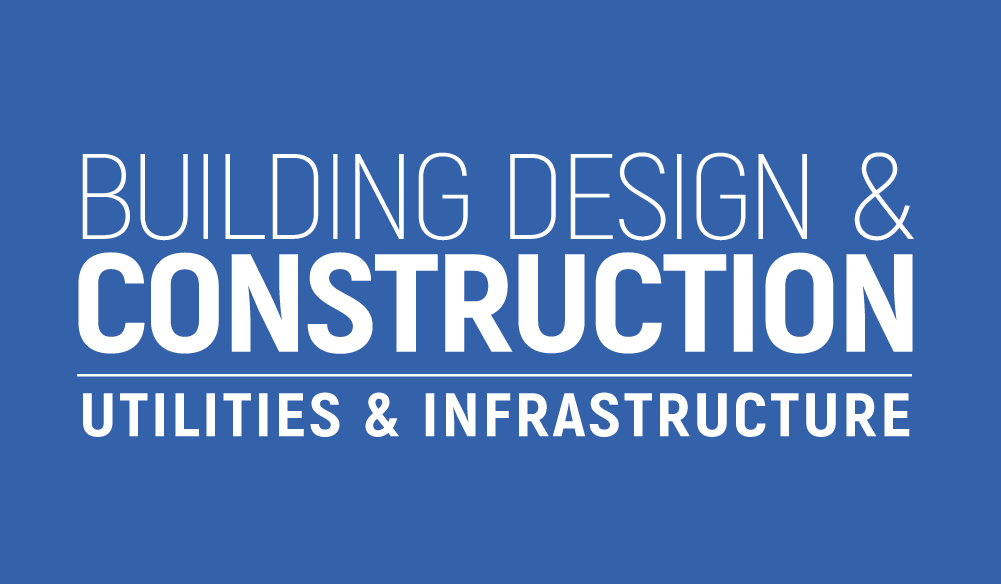As per expert projections, by 2030, the power consumption will rise 70% over today’s levels. On the other hand, energy efficiency systems will contribute to 57% of the decrease in GHG (greenhouse gas) emissions. The energy used in building facilities, all residential, commercial, and industrial facilities, is the largest creator of GHGs, and electric power makes up about 50% of emissions attributed to commercial and residential buildings.
Buildings can tackle this issue by producing more energy than they consume. Recent regulations reflect this objective. For instance, the EU’s EPBD (Energy Performance of Buildings Directive) stipulates that all new buildings should achieve zero-energy by 2020. But, most building facilities are far off from meeting this objective.
To achieve CO2 and energy efficiency goals, effective energy management measures starting with efficient energy consumption measurement needs to be implemented on an enormous scale. Monitoring and electrical meterings are the vital measurement tools and the building blocks for competent energy management. Efficient monitoring and electrical metering offer building operators and owners the critical data they require to enhance their building’s energy performance.
In an owner-occupied, single operator office building, a quality monitoring and electrical metering solution can produce instant energy savings of about 10%. In the long term, facilities can achieve improved energy use control, and monitoring can save up to 30% in energy utilization.
Continual automatic metering solutions utilize dynamic energy dashboards to display building energy consumption and operation data. Images, tables, and graphs illustrate energy information clearly, so sound decisions can be made. For instance, an energy use dashboard may indicate that the building’s ventilation system utilizes more energy than usual. This alert can make the operator decrease motor speed by a few Hz, which will lower consumption without affecting performance.
Continuous automatic electrical metering also offers building occupants, operators, and owners access to the needed data to optimize existing power supply contracts and negotiate new, more cost-efficient ones. Multisite building operators and facility managers can aggregate loads to discuss bulk utility contracts. Further, users can utilize precise shadow bills to identify billing mistakes and determine if suppliers are meeting the contract terms.
How to Start the Energy Management Procedure?
To make sure that auditing and electrical metering plans meet regulatory and user requirements, you need to measure performance against relevant metrics. For instance, the standard metrics in office buildings are kWh/occupant and kWh/m². In hotels, kWh/overnight or kWh/occupancy rate are important metrics, while kWh/production rate is a crucial metric for industrial buildings. You should also correlate the data with cooling and heating degree days to compare the building’s existing consumption with past years and with facilities in other places.
To start, organizations need to pinpoint user requirements and decide the scope of energy monitoring solutions developed for the future. Next, they should determine the performance data and metrics to be gauged to connect building activities and energy consumption. Afterward, the relevant project team needs to decide the metering places (type of electrical meter + location) that will permit operators to control and monitor the building according to their goals and ensure the collected information facilitates the desired assessment.
Lastly, electrical meters should be chosen based on the energy objectives of the business. If currently used primary meters have the ability to read energy information, they can be reused for that purpose. Otherwise, new energy and electrical meters need to be installed. You should pick additional meters based on building operation goals and metering points standards.
The Final Word
As a recommendation, we suggest before you make any decisions regarding electrical works and procedures, you must consult a reliable provider or licensed professionals who can help determine your unique requirements and find the ideal electrical and energy solutions for your needs. Hiring an expert service your electrical systems ensures peace of mind in terms of safety, appropriate installation, and prevention of unwarranted incidents





